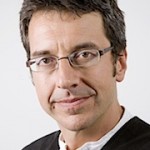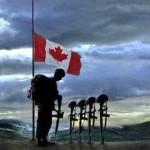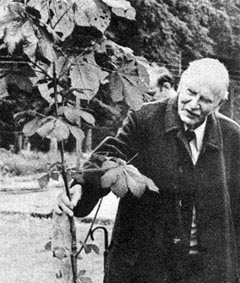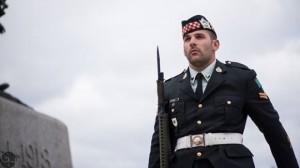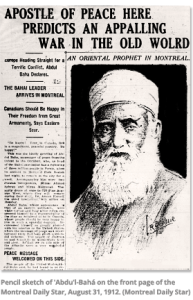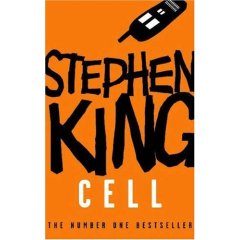For most of our politicians, in most of our countries — those who are elected to preserve and advance a governance system that appears unable to consider anything besides economic growth as keys to the good life, the good society — George Monbiot is on the lunatic fringe. His book Heat: How to Stop the Planet from Burning (2006) was unsparing, openly pessimistic and radical in the original sense — it called for fundamental change in how we look at our governance, our lifestyles, our future, everything. “Radical” means “going back to the roots”. Those that we invest with the authority to make societal changes aren’t often interested in radical thought, partly because it requires so much thought and partly because it undermines their own privileged positions in society.
Here was Mr. Monbiot earlier this week, concluding a recent commentary in the Guardian newspaper — “Growth: the destructive god that can never be appeased” — with questions that the elected don’t often consider, but which citizens must:

